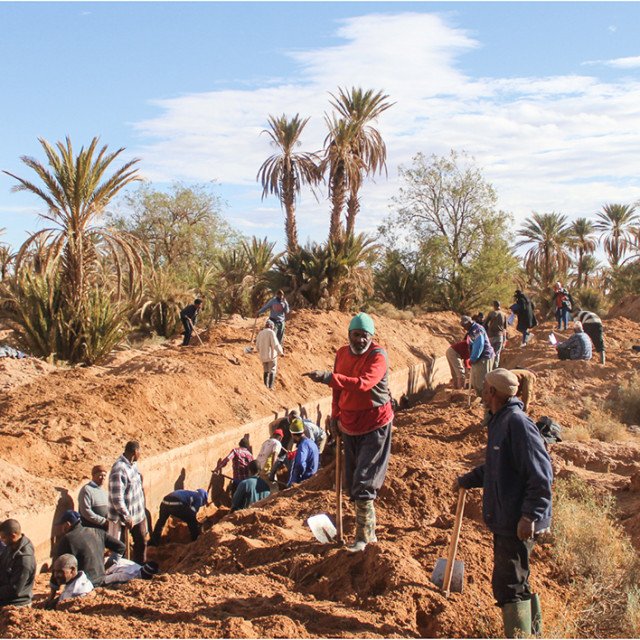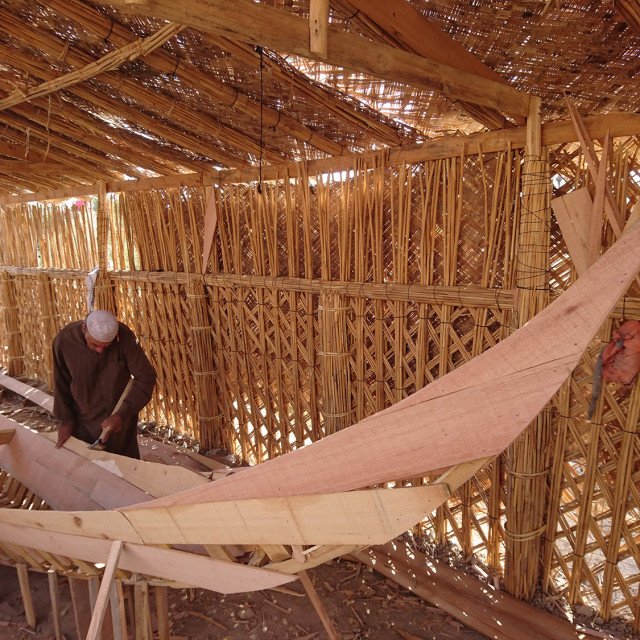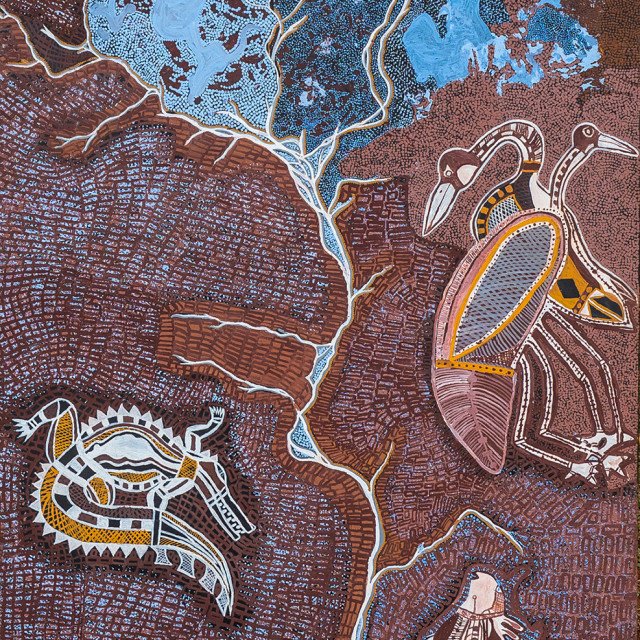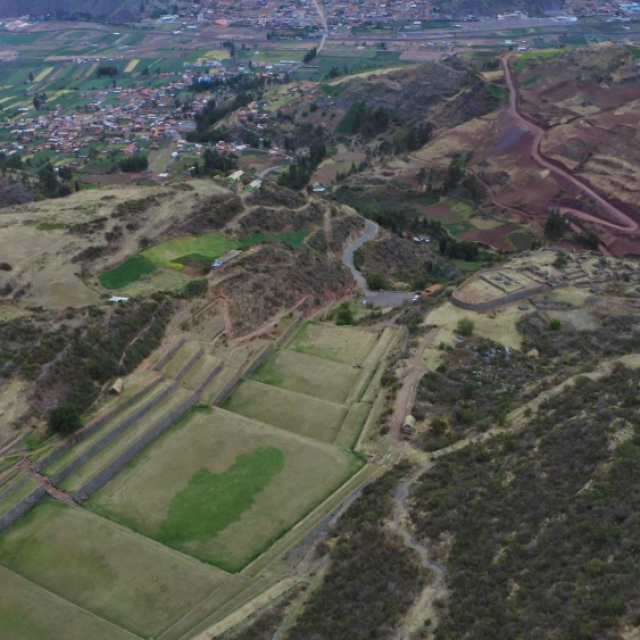The Voices of Water
The Voices of Water
Ancient Hydro Technologies for Sustainable Futures
THE VOICES OF WATER
Ancient Hydro-Technologies for an ecological transition
The contribution of WAMU-NET to the 10th World Water Forum in Bali, Indonesia, featured in 2024 a multi-channel video installation on Ancient Hydro-Technologies, titled ’The Voices of Water’.
The installation aimed to illustrate why ancient cultures are an inspiring source for sustainable water management and how they can nurture rich biodiversity in harmony with human activities in rural areas globally.
At a time when technological innovation has shown countless advantages, but also limitations, we can learn from the invaluable lessons of our predecessors to foster new ways of coexistence with Nature promoting AHTs as Nature-Based Solutions.
The 8 Case Studies
This video installation inaugurated at the 10th WWF as a preview of the upcoming Virtual Science Museum of UNESCO includes eight case studies of Ancient Hydro-Technologies (AHTs) from Morocco, Algeria, Ghana, Iraq, Indonesia, Australia, Peru, and Brazil. In this video, a single twenty-one-minute sequence includes all case studies (about two and a half minutes for each case).
Today, there is an urgent need to embrace new holistic approaches to overcome unduly narrow visions that have proved inadequate to address the challenges of the global water crisis. Ancient water management practices are based on wise hydro-visions. As such, they can help achieve the SDGs more effectively than approaches based solely on energy-intensive hydraulic technologies and large infrastructures.
Ancient and indigenous knowledge are today crucial to inspire the vision needed for forward-looking management of freshwater ecosystems and an ecological transition in rural areas globally. However, shifting from a cultural paradigm of ‘dominion over nature’ to one of ‘ecosystem sustainability’ requires a radical change of perspective in education and training.
Humankind has always been confronted with water scarcity and abundance. Over the centuries, we have generated invaluable knowledge, know-how, and local practices to manage water for various purposes. As a result, this knowledge generated and shaped unique landscapes that host communities in harmony with nature also nurturing rich biodiversity.
Museums care for some of the most outstanding water heritages worldwide: they are active to educate and foster new approaches for reconnecting people to values and local practices historically associated with water management. As such, museums can promote water sustainability education through AHTs-based practice models to guarantee the transmission of intergenerational values and stimulate new perceptions and behaviour among new generations.
The Voices of Water was developed by a curatorial team made by WAMU-NET’s director Eriberto Eulisse, the video artist Giuseppe La Spada, Lucrezia Gigante and Vladimiro Boselli. The project will continue to be developed with additional case studies as a contribution to the 11th World Water Forum in Riyadh (2027).








